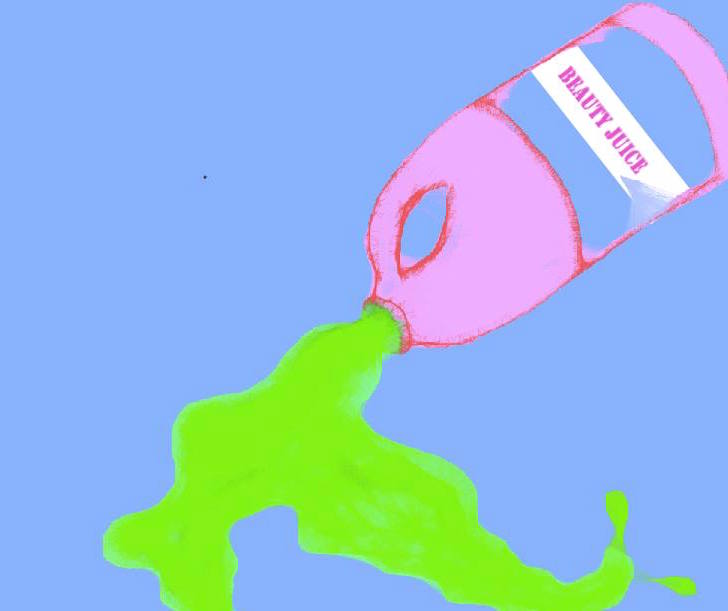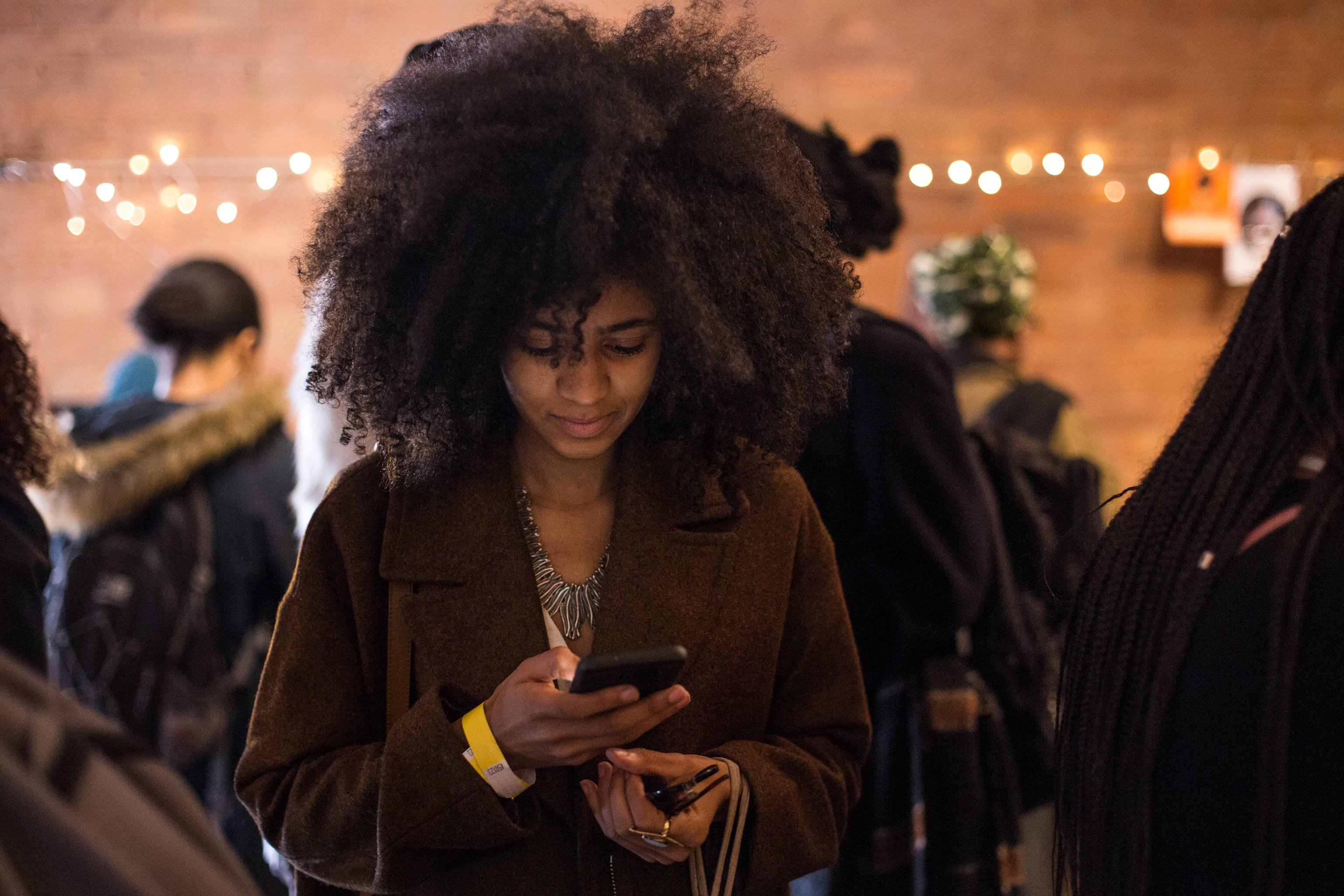
Do you ‘bleach’ or do you ‘tone’? – the terminology of changing your skin colour
Paula Akpan
30 Mar 2016
While often used to tackle cases of dark spots, vitiligo, acne scars and hyper pigmentation, products that have the main purpose of lightening skin tone have collectively created an increasingly dangerous, and in some cases, destructive forum around Eurocentric beauty ideals. However, what makes these brands so successful is not necessarily the product they sell, but rather a far-off pipe-dream enveloped in clever marketing and enticing terminology.
Fair & Lovely, coined as the “leading skin-lightening cream for women in India”, market their Winter Fairness Cream as the “one cream that will ensure that you don’t look darker than you desire”, and in order to ensure that their products are delivering maximum satisfaction, customers are invited to measure the results themselves using the “expert fairness meter” on the pack.
Whitenicious, a brand created by the Cameroonian singer Dencia, was birthed into existence as a result of the “continued marginalisation of African & Asian descended men and women in the world market of cosmetics”. Despite the brand appearing to concern itself with “people with dark spots, acne, hyper pigmentation, dark knuckles and knees”, the website features a picture of Dencia herself sporting near-White skin, suggesting that the creams can be used for more than just your knuckles.
One skin-lightening product that recently made headlines was Snowz, made by Thai brand Seoul Secret whose advert for the pill showed an actress gradually getting darker as a result of “not taking care of herself’ while standing next to another version of herself with lighter skin as a result of the marketed product. The tag line is “need to be white to win”.
The rhetoric used by these brands and many others is so racially coded that it would almost be laughable if it wasn’t so horrifyingly pervasive. In fact, a 2013 study by the University of Cape Town found that more than one third of women in South Africa (35%) bleach their skin because they want to have “white skin” while 75% of Nigerian women use skin-lightening products. However, while it would be incredibly easy to cast blame at the feet of cosmetic companies, it is also true that there is a damaging discourse existing among the very communities and cultures they target.
In the US as well as countries like South Africa, the term “yellow bone” is used to refer to a lighter-skinned black person. In Thailand, “dam tap pet” (black like a duck’s liver) and “e dam” (black girl) are used to describe women with darker complexions while in both India and Bangladesh, ‘kalua’ (Bengali for dark) is considered derogatory.
Terms such as these serve to show how deeply-rooted and internalised racist ideologies really are, leading to people of colour coding themselves and assigning value and worth to those among them who are light-skinned or as white-passing as possible. In such communities where colonial history has left its mark, lighter skin equates to greater privilege and superiority.
When you pull back the layers to the discourse used by cosmetic companies, it reveals so much more than a few problematic adverts. These brands relentlessly feed off the insecurities of communities who still have not managed to escape the grasp of Eurocentricity; a billion dollar market has been made out of the internalised inferiority of people’s hope that lighter skin could lead to an easier life.
Get involved with gal-dem’s skin lightening series. Comment, tweet us at @galdemzine using the hashtag #skinlighteningseries, or email info@gal-dem.com if you would like to share your experience.









